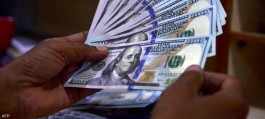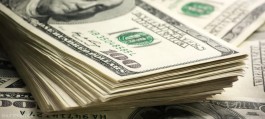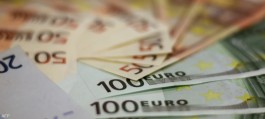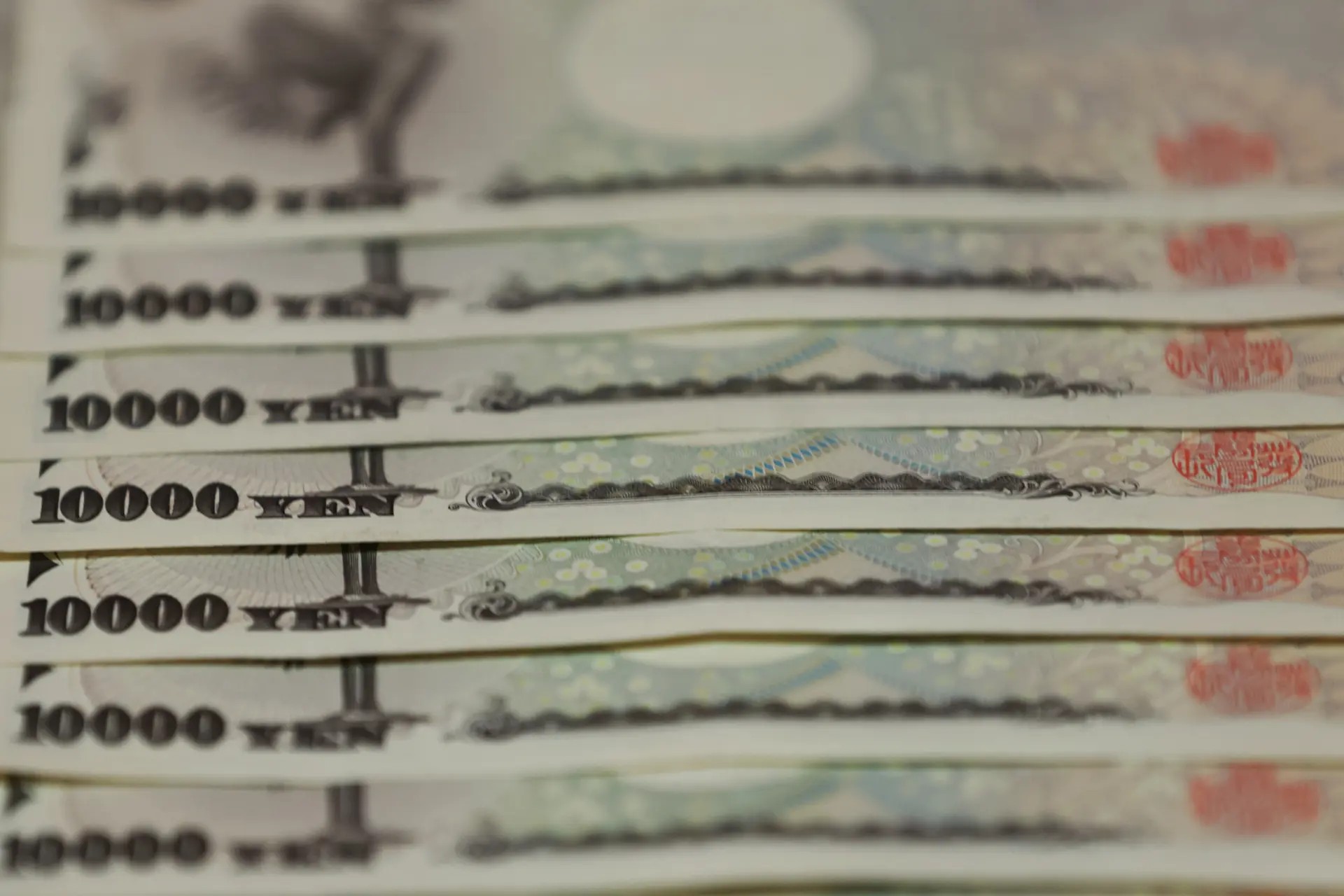The yen fell to its lowest level since 2008 against the euro, amid speculation that the Bank of Japan will maintain its accommodative monetary policy even after it ended the world's last negative interest rate policy on Tuesday.
The Japanese currency fell about 0.3% to 164.35 per euro before paring some losses. Against the dollar, the yen fell to a level not seen since 1990, extending losses of about 7% so far this year, making it the worst-performing G10 currency.
The decline comes amid speculation that the yen will remain under pressure due to lower yields in Japan compared to other advanced economies, especially the United States. Bank of Japan Governor Kazuo Ueda and his officials have insisted that financial conditions will remain resilient even though the country raised interest rates for the first time since 2007 and scrapped its yield curve control system this week.
“The yen is underperforming as markets interpreted the BOJ’s decision as a conservative rate hike (in which the central bank tends to cut or slow down its rate hikes),” said Alex Lo, a strategist at TD Securities in Singapore. “We could see a convincing breakout above 165 on better eurozone data,” he added, referring to the euro-yen spot exchange rate.
Before the BOJ decision, about 90% of central bank watchers saw a chance for policymakers to end negative interest rates at the meeting. That possibility grew after the country’s largest union group reported better-than-expected results from the first round of annual wage negotiations.
Investors are divided over how long the central bank will take to raise interest rates again. Analysts surveyed by Bloomberg expect the Bank of Japan’s policy target to be kept at 0.1% through the end of this year, while many others warn that authorities may not be done yet.







































